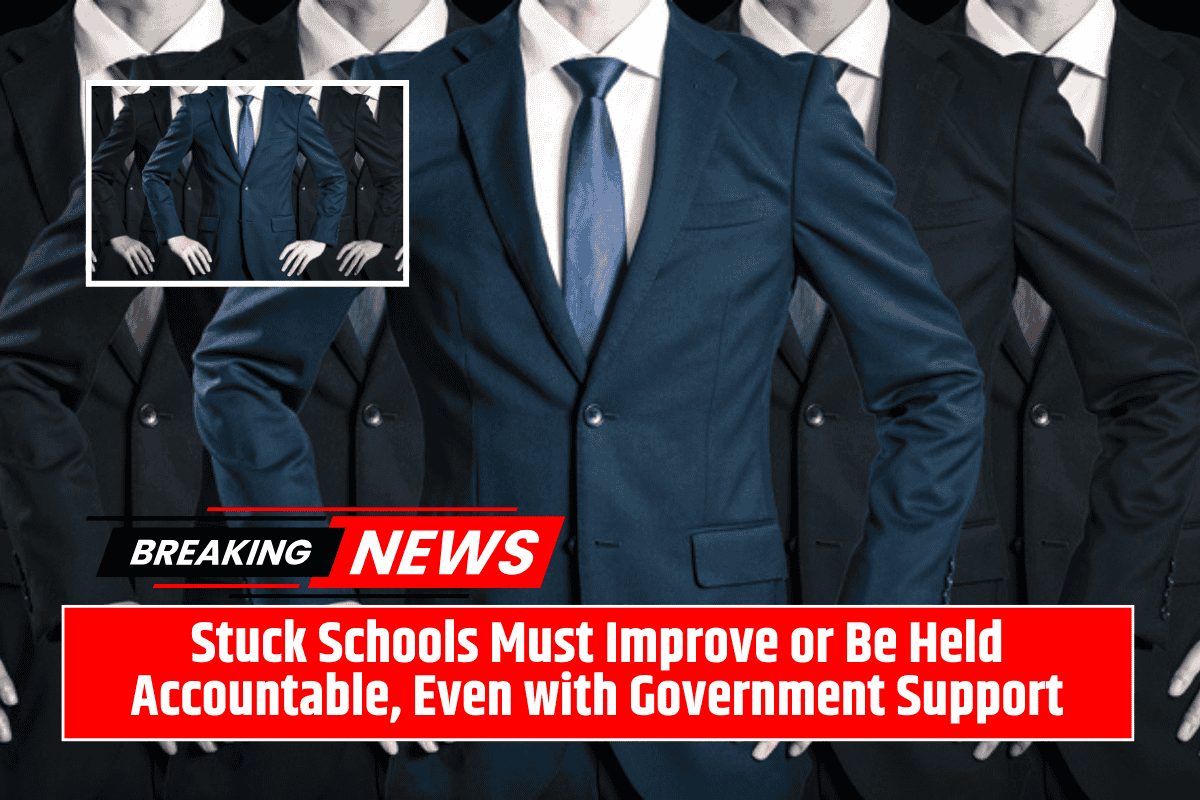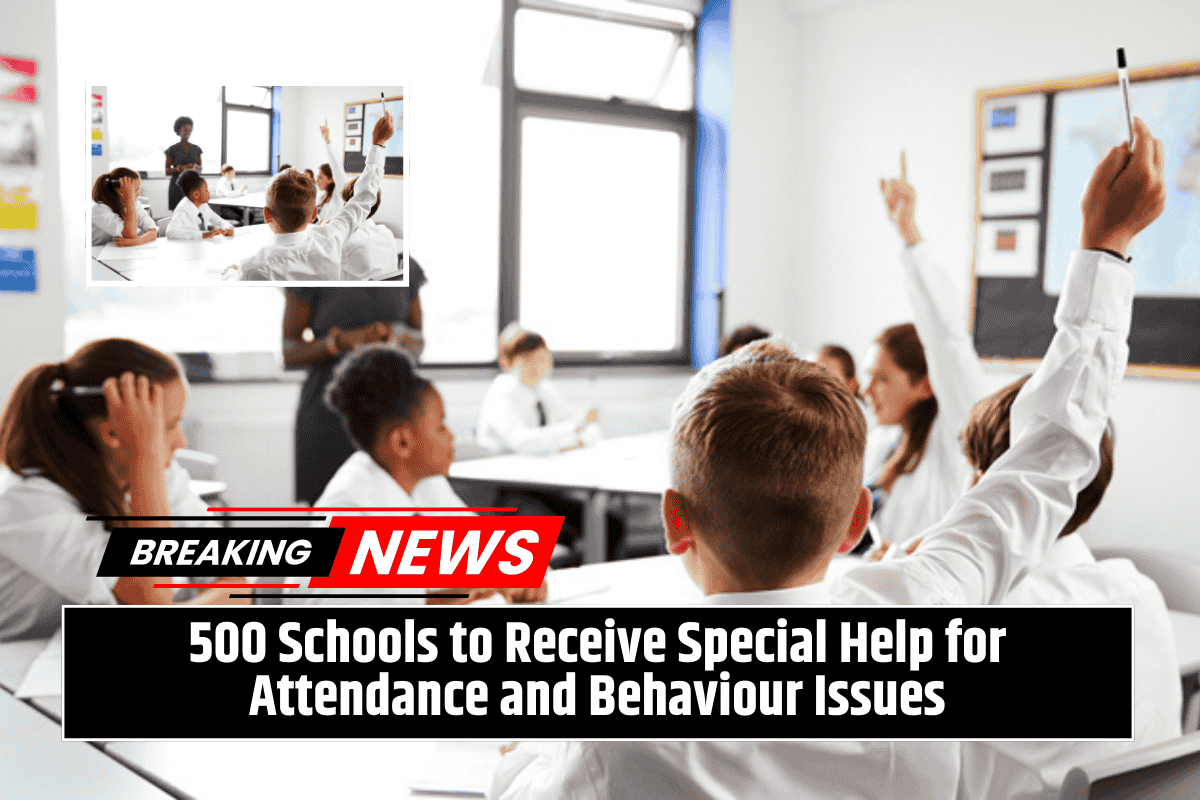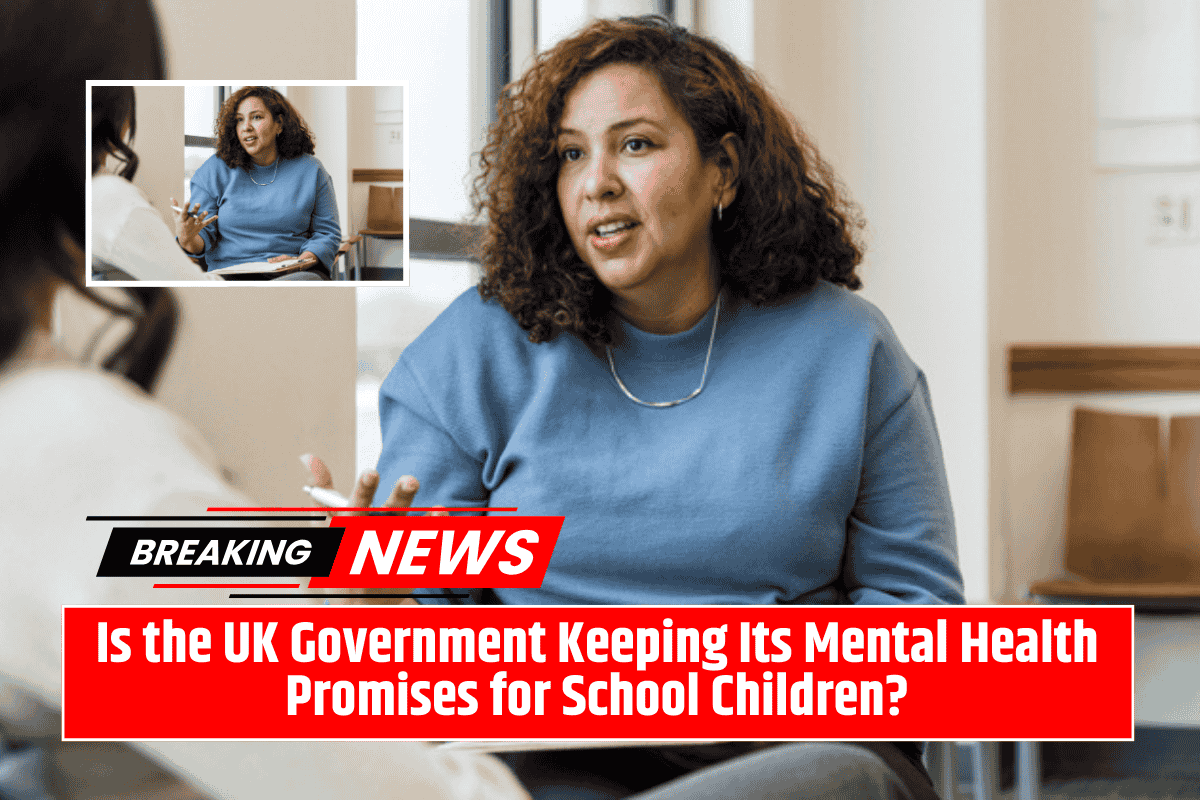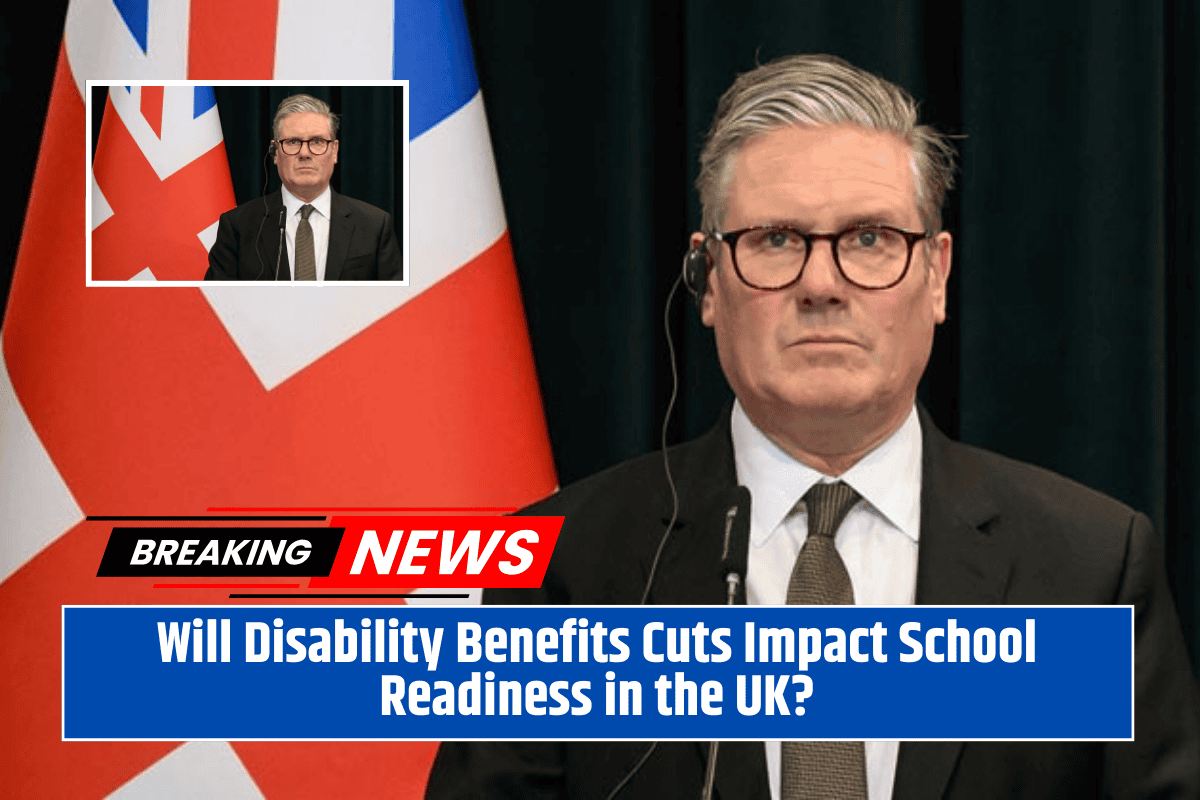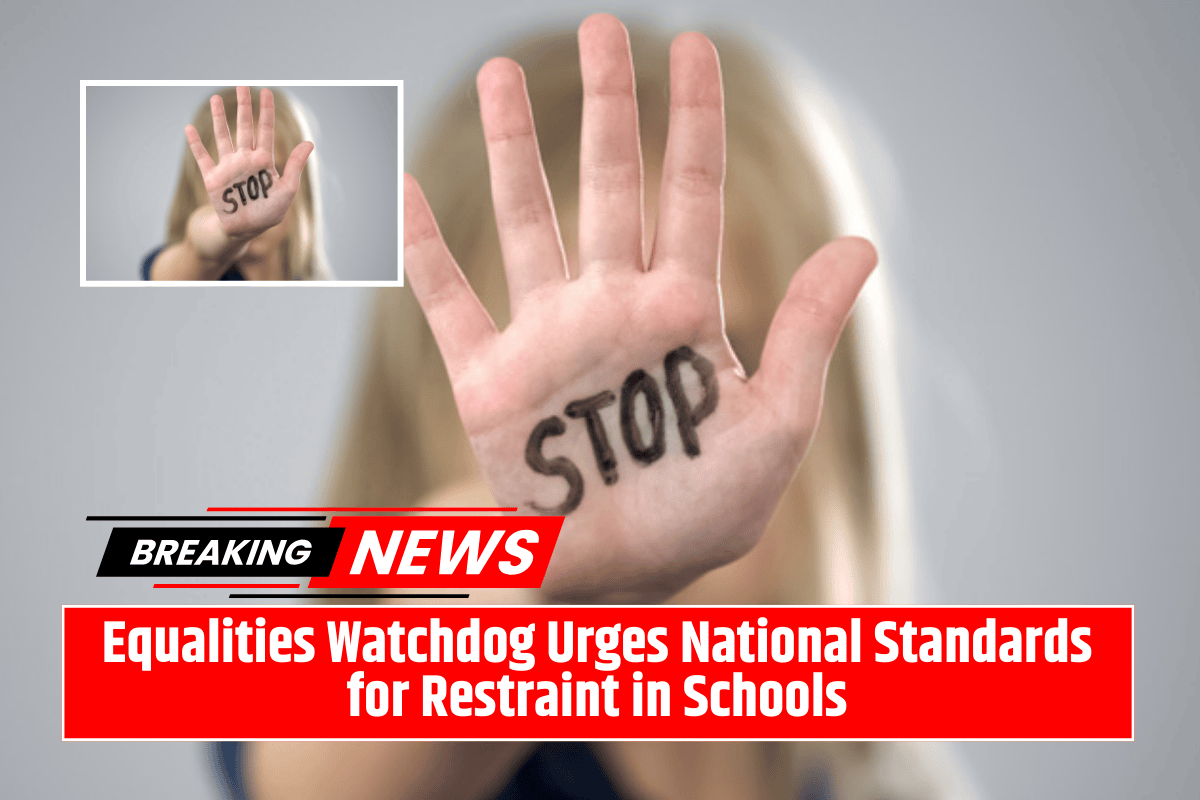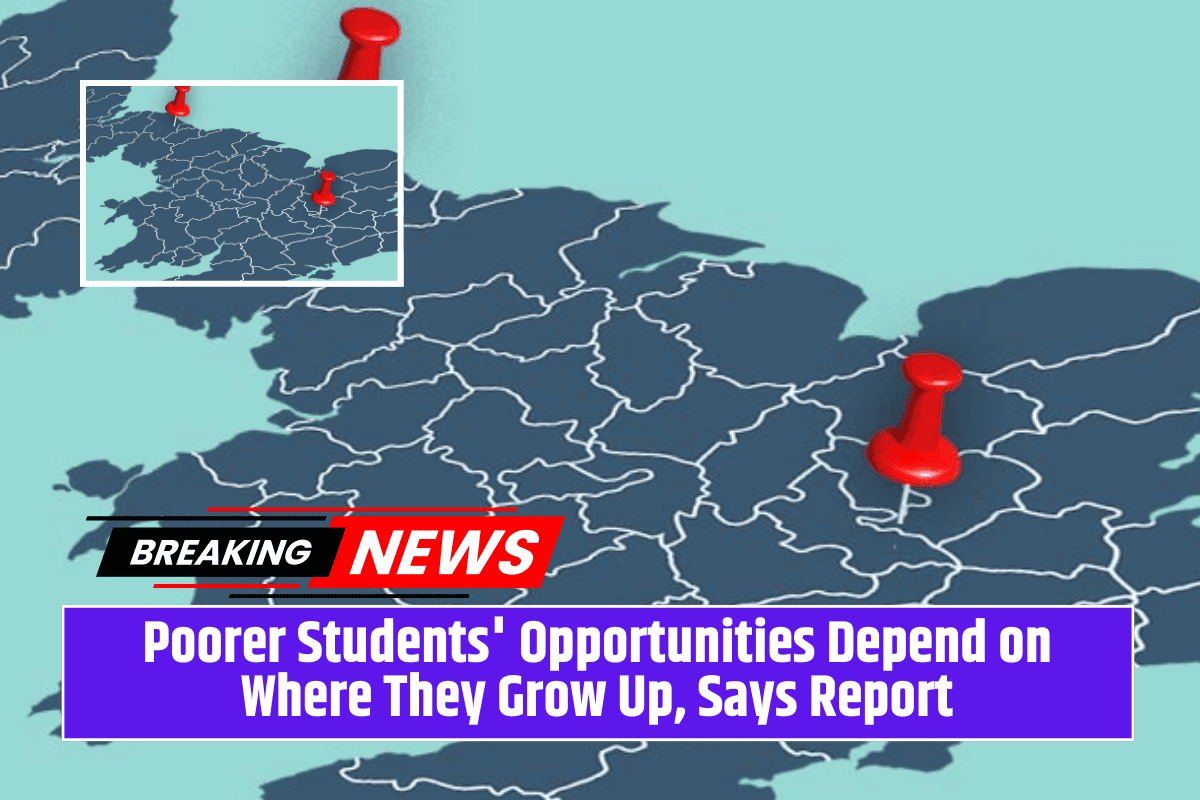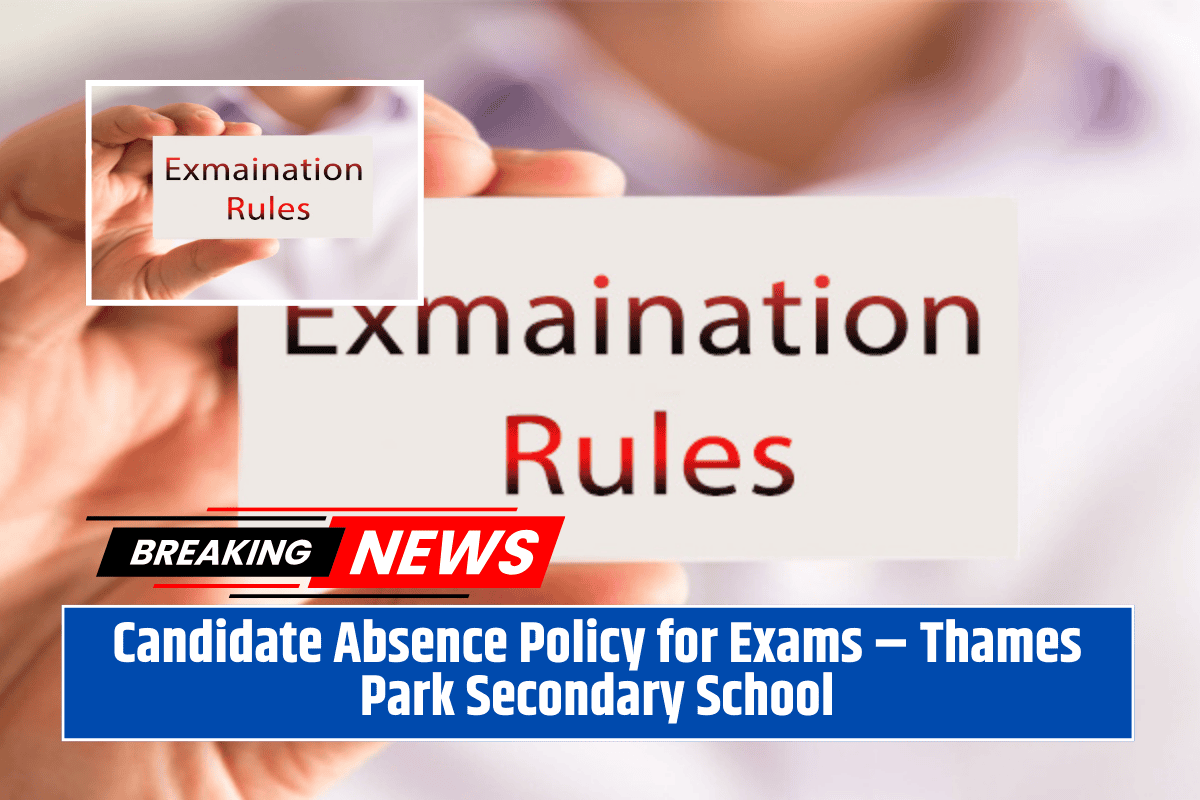Schools in England that continue to underperform, even after getting help from government-backed support teams, will still be held responsible for their own improvement. The Department for Education (DfE) has made it clear that support alone won’t shift the accountability away from the schools themselves.
This announcement clears up confusion about the role of the government’s RISE teams, who are now working with over 200 schools needing improvement.
Who Is Responsible for Turning Around “Stuck” Schools?
At the recent Schools and Academies Show, DfE director general John Edwards explained that the school’s trust or local authority – known as the “responsible body” – will stay in charge of improvement. Even if help is provided, it is the school’s leadership that must make sure results improve.
This is a key part of Education Secretary Bridget Phillipson’s policy. Edwards said this approach is essential, and that “the responsible body owns the improvement journey.”
What Are RISE Teams and What Do They Do?
RISE stands for “Regional Improvement Support for Education.” These teams were launched last year to help schools that continue to struggle after receiving below-good Ofsted grades.
This month, 45 new advisers were added to the original team of 20, creating a stronger support network. These experts will work with over 200 schools that have been rated “requires improvement” and are not progressing fast enough.
Once a school is selected, the RISE team checks how capable the school is of making improvements. If the school lacks capacity, they will be matched with a high-quality organisation that will offer extra support and funding.
The Role of RISE Advisers: Guidance, Not Delivery
John Edwards made it clear that RISE advisers are not the ones who will directly fix the school’s problems. Instead, they will help create and oversee the improvement plan, making sure the school follows through with real changes.
Their job is to “identify the right areas that need support” and “make sure delivery is happening,” not to take over school operations.
How Are Support Organisations Chosen?
There is no public list of the organisations chosen to help struggling schools. But Edwards explained the selection process includes looking at school data, Ofsted reports, and other performance indicators. The DfE also uses local knowledge and experience to pick organisations with proven success and enough capacity to help.
He encouraged schools and educational leaders to reach out to their regional teams if they believe they can contribute to the improvement process.
Schools Must Ensure Improvement Happens
While the government is stepping in to offer help through RISE, the key message is that schools and their responsible bodies cannot just rely on that support. They must take ownership, ensure the plan is working, and stay committed to real change.
The DfE sees RISE as a tool to speed up progress, not as a replacement for leadership accountability.
The new government message is loud and clear: even with support, schools are still fully responsible for turning things around. The expanded RISE team offers guidance and funding to help “stuck” schools improve, but success depends on the school’s own efforts. With more advisers and structured plans, there’s hope for change—but only if school leaders step up and take charge of the journey.
